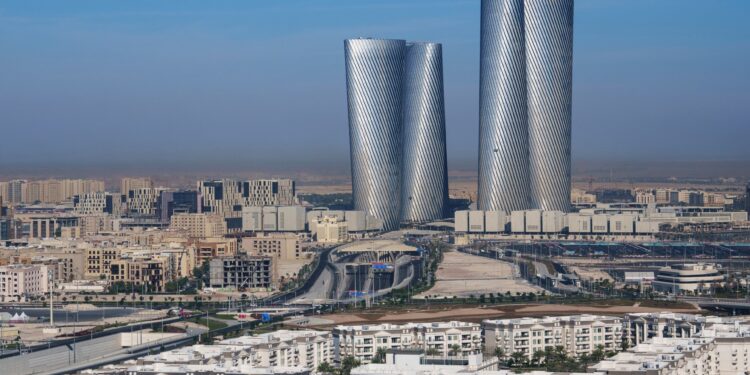The IFR Fixed Income News Service reported – today, Tuesday – that the Qatari government has begun receiving requests to sell dollar-denominated green bonds for 5 and 10 years, in the first external debt issuance of this Gulf country in 4 years.
The service explained that the initial indicative price for green bonds for 5 and 10 years was set at a premium of 70 and 80 basis points over US Treasury bonds, respectively.
She said that the funding that will be raised from the offering – and led by the Qatari Ministry of Finance – will be transferred to finance eligible green (environmentally friendly) projects.
Finance Minister Ali Al Kuwari said in January, referring to the planned sale, “We are not hungry for money, this is just to clarify a position… the market is hungry for issuance. Many investors have contacted us.”
Qatar, which is currently one of the world’s largest exporters of liquefied natural gas, is undertaking a massive expansion in gas production and will increase production by 85% by the end of the current decade.
In a report last December, the global accounting firm KPMG encouraged Qatar to issue green bonds and adopt sustainable financing mechanisms, saying that this step would help achieve its sustainability goals.
Green bonds have seen an upward trend in the Middle East, with successful issuances from major entities such as the Saudi wealth fund, the major real estate company in Abu Dhabi, and the government of Sharjah, according to Bloomberg. Qatar’s entry into this market confirms the region’s growing commitment to sustainable financing, the agency said.
Credit Agricole and HSBC were chosen as green structuring coordinators, and they will also be global coordinators with JP Morgan and Qatar National Bank Capital.
The service added that Barclays, Citigroup, Deutsche Bank, Goldman Sachs International, SMBC Nikko Capital Markets and Standard Chartered are acting as lead managers.
Green bonds are a type of fixed income instrument issued specifically to raise funds for climate and environmental projects. They are usually asset-linked and backed by the issuer’s balance sheet, and promise to finance projects that have positive environmental and climate benefits. Its global market is expanding as investors increasingly seek opportunities that support sustainable development.



